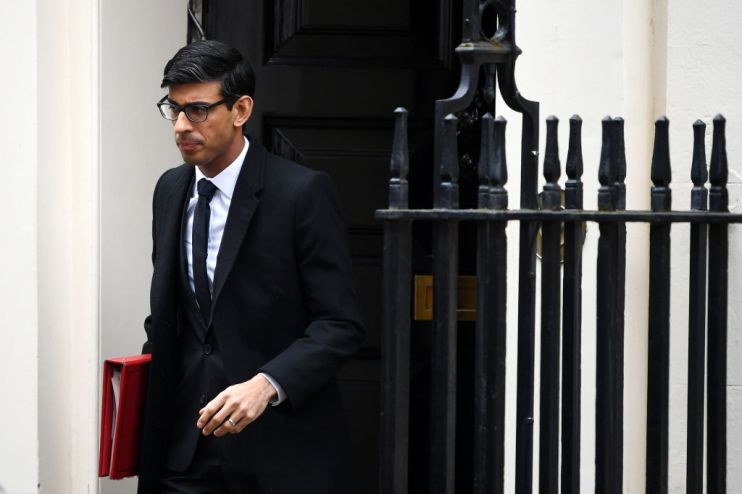DEBATE: Should the chancellor bend the fiscal rules to increase spending in his first Budget?

Should the chancellor bend the fiscal rules to increase spending in his first Budget?
Will Tanner, director of Onward, says YES.
It is the prerogative of a twenty-first century chancellor to set the rules of your own tenure. Gordon Brown, George Osborne, Philip Hammond and Sajid Javid (who never delivered a Budget) all established the tramlines by which markets could judge their management of the public finances. Rishi Sunak will be unusual if he does not do the same this week.
The case for loosening is twofold. First, coronavirus may necessitate some kind of economic stimulus to mitigate a downturn or prop up the NHS.
Second, while the UK’s debt stock is double what it was in the mid-1980s, it has stabilised, and the costs of servicing that debt have halved, to two per cent of GDP.
The chancellor could use that flexibility to fund not just hard infrastructure, as currently permitted, but human capital, digital, and other growth-enhancing spending.
In either case, there is no reason to believe markets would not react with approval. Far better to establish rules you plan to stick to than adhere blindly to rules you are bound to break.
Julian Jessop, economics fellow at the Institute of Economic Affairs, says NO.
It would, of course, be right to target some additional spending and tax breaks on dealing with coronavirus and its economic impact. But a proportionate response to a temporary shock should not be used as an excuse to abandon fiscal discipline altogether.
Lest we forget, the Conservative manifesto promised to borrow only to invest, and to limit public investment to three per cent of GDP. There is already plenty of wriggle room here to respond to coronavirus without bending these rules: Sajid Javid’s deadline for balancing the current budget was 2023, not 2020, and the three per cent is an “average” that could apply over a number of years.
Loosening the rules any further could backfire. The reduction in annual deficits has been too slow to prevent the stock of debt from rising to uncomfortably high levels, even when borrowing costs are exceptionally low.
A pound spent by the government is also still a pound that cannot be spent by someone else — probably more wisely.
Main image credit: Getty